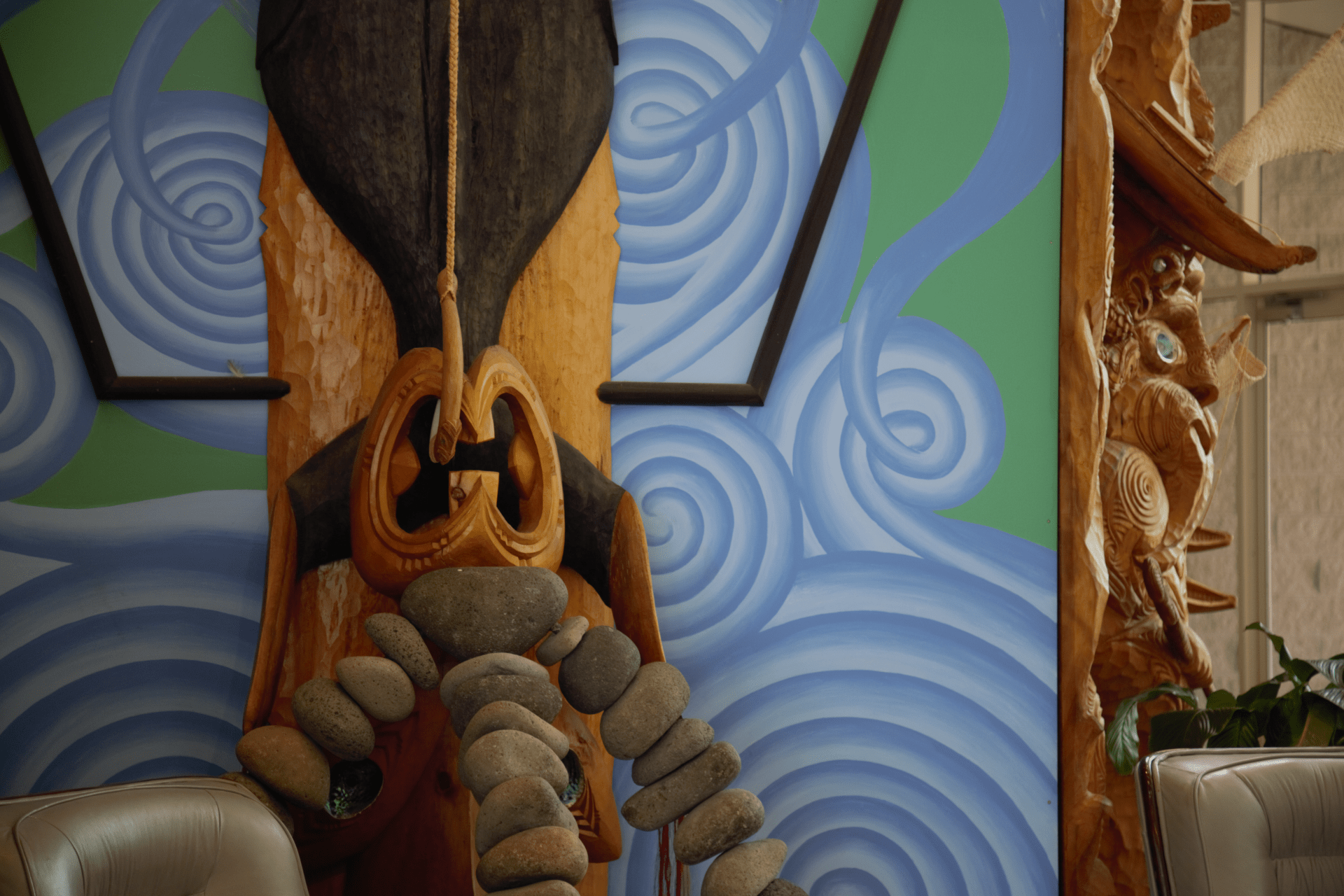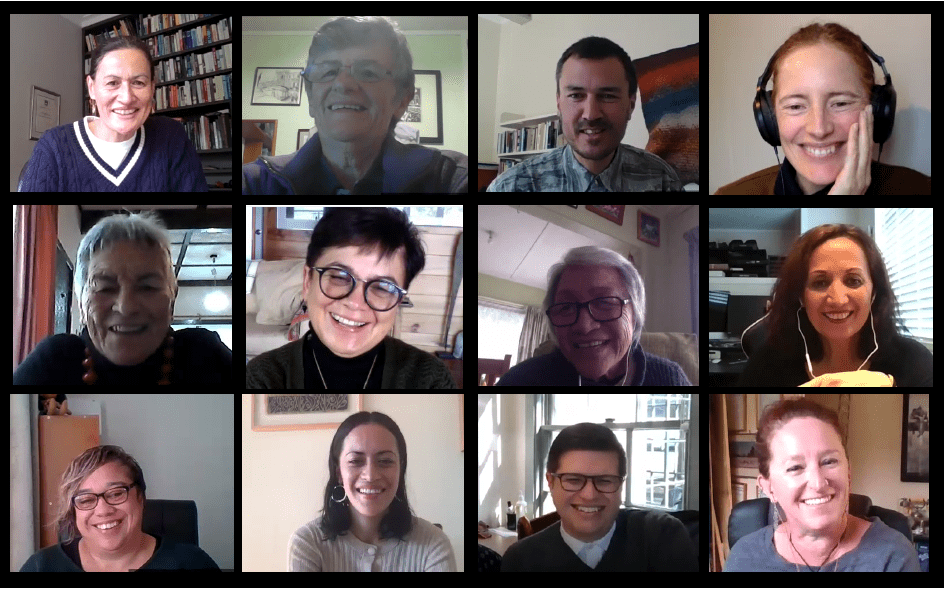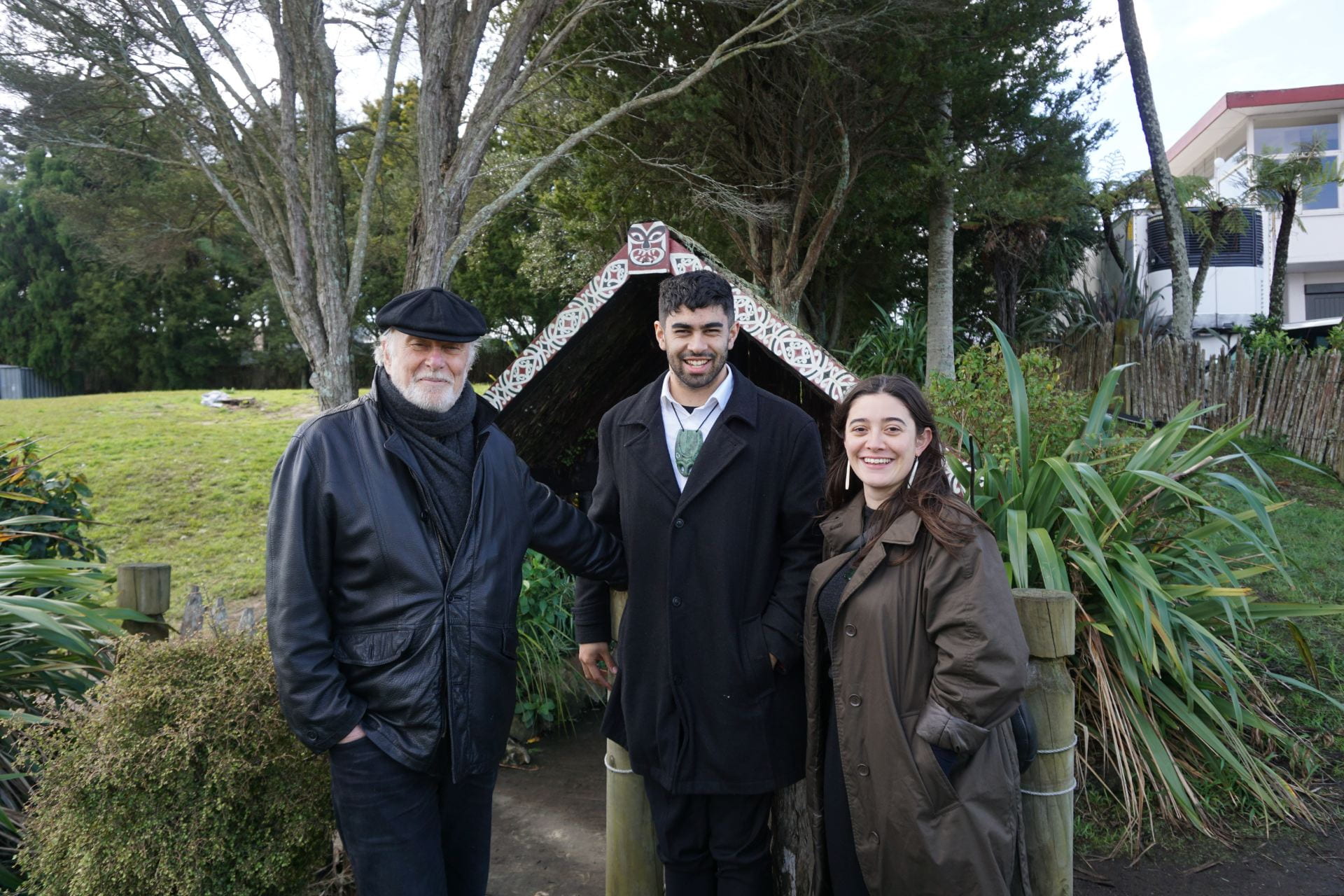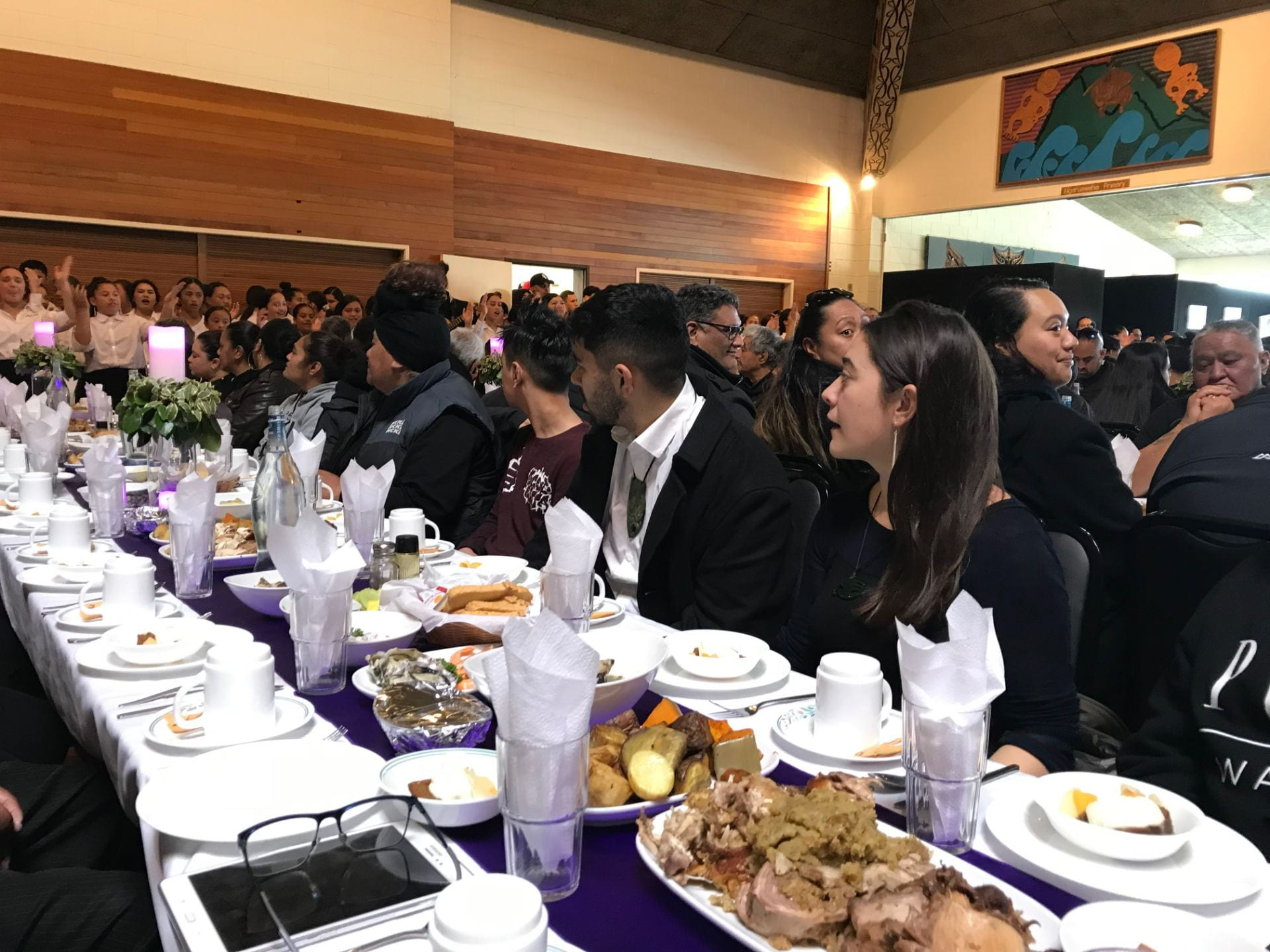
Te Hononga
Harirū, hongi & hau in the time of COVID-19
Funded by the Health Research Council
The hongi is a form of greeting that involves the pressing of noses and the exchange of hau (breath). It carries deep spiritual meaning for Māori. The gesture is a sign of life and immortality, a sign of peace and wellbeing. The hongi may be followed by a kiss and the harirū (shaking of hands), all gestures that health agencies across the globe had strongly advised against, and which many iwi had temporarily banned. Attendance at marae and involvement in cultural practice are long established and integral components for many Māori, and have been shown to underpin Māori wellbeing. Marae are at the heart of many communities and promote social engagement and integration, while also mitigating social isolation for many older Māori. Our qualitative study will highlight the voices of older Māori as they were affected by COVID-19, policy directives and the impact of those directives on Māori communities. We are interested in how cultural practices that underpin tikanga were applied within Māori communities and the role of kaumātua in developing and implementing changes.

100 Years of Tūrangawaewae Marae
Funded by Ngā Pae o Te Māramatanga
To celebrate one hundred years of Tūrangawaewae Marae, the history of Tūrangawaewae will be told, for the first time, in a new book. Sir James Henare was a much loved leader who had a special relationship with Princess Te Puea, the founder of Tūrangawaewae Marae.
Born from the ravages of the New Zealand wars, and the massive land confiscation and poverty that followed, Tūrangawaewae stands as a potent symbol of Māori independence, tenacity and resilience. Combining narrative, archival research, interviews with whānau and illustrations, the book will focus on documenting the histories of the everyday, making visible the hitherto untold stories of the whānau who worked together to build the enduring legacy that is Tūrangawaewae.


Kaumātuatanga
Kaumātua wellbeing, health, hauora, retirement needs, life stories, decision-making contributions and kaumātua activities
Te Hononga
Joining and connection through Mātauranga Māori research methods that allow connectivity with hapori kanohi-ki-te-kanohi and ā-ipurangi; rangatahi development of digital content; protection and security of JHRC data, including completion of Te Tai Tokerau Dictionary
Kaitiakitanga o te Kai me te Rongoā
Māori foods and rongoā sovereignty, importance of whakapapa in relation to soil and sand, gardens, bush, forests, rivers and the sea
Ngā Hangarau ka Puea
Māori interests in new robotic and emerging technologies, protection and security of Māori data and privacy of Māori algorithms
Rangatiratanga o te Wai
Māori access to water (waimāori and waitai), water security, privatisation and commodification of water, critique of the Three Waters Framework, property rights, kaitiakitanga, impacts of new and expanding ports on mana whenua